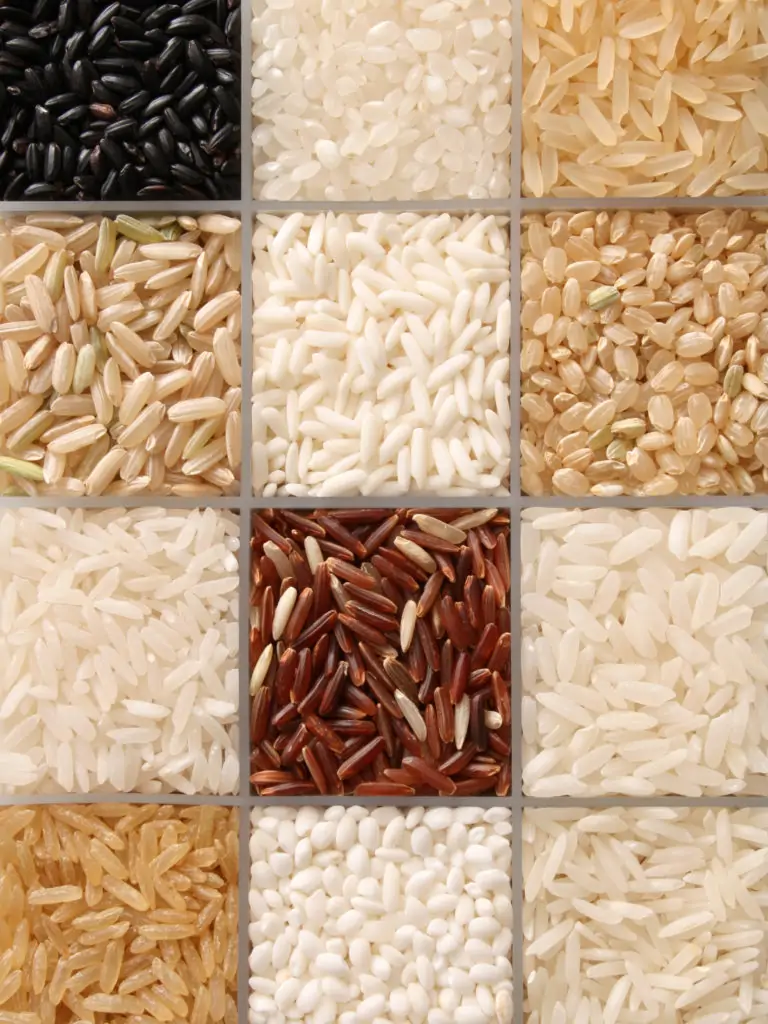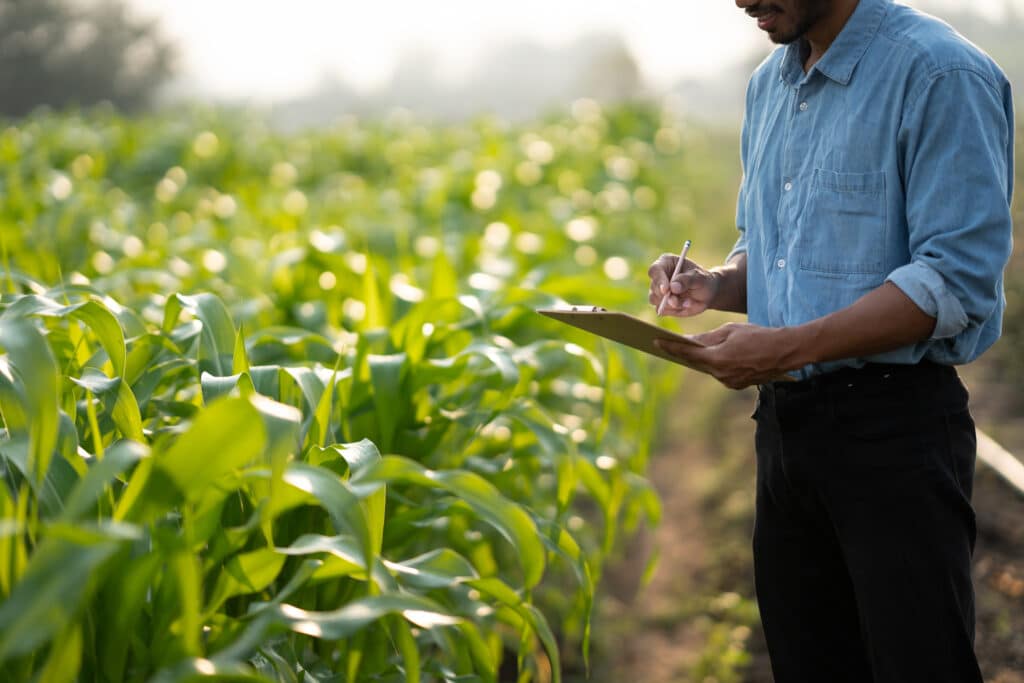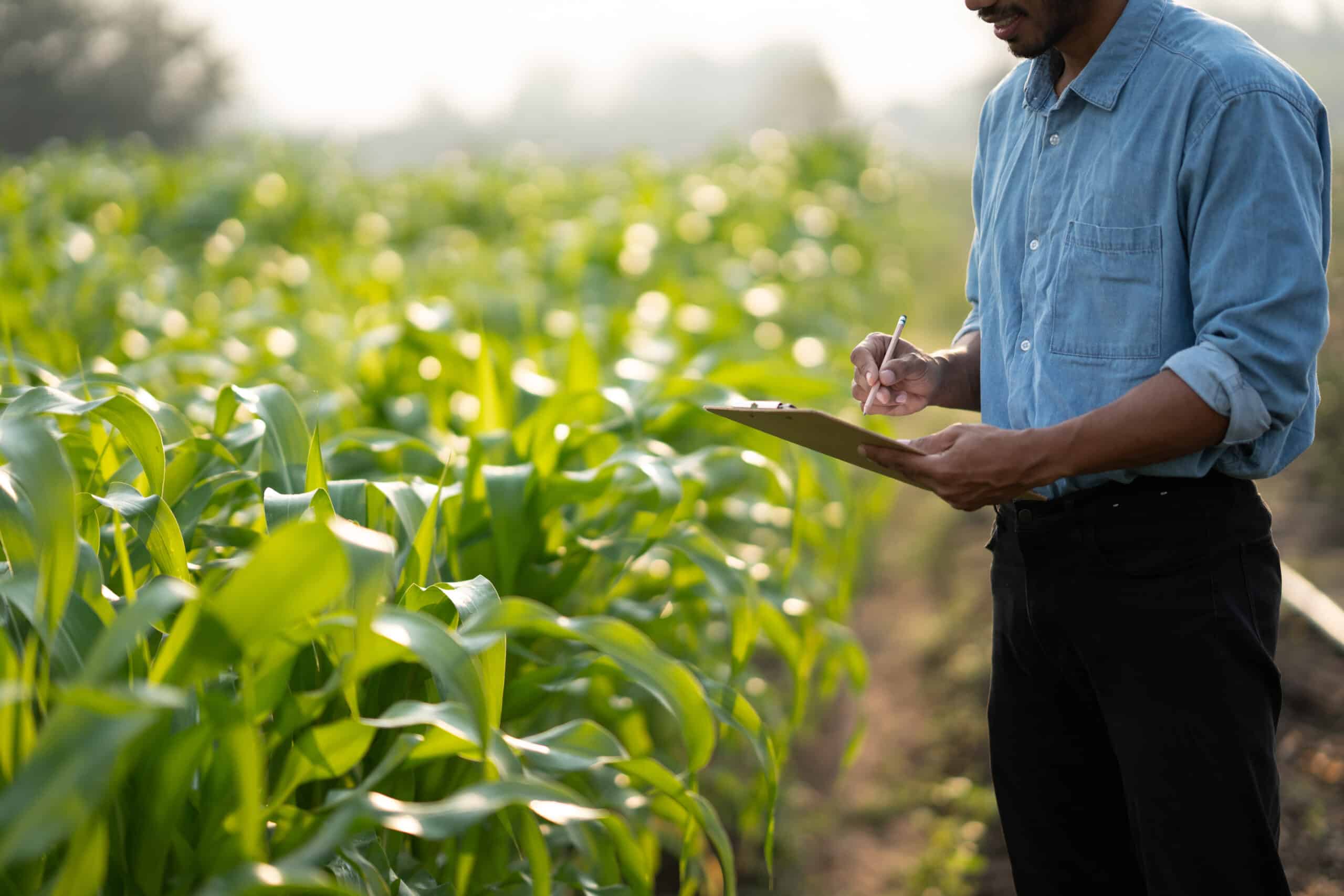Rice is the world’s most important staple food – grown in over 100 countries and consumed by half the world’s population every day. In Asia, where 90% of rice is consumed, rice security, ensuring there is enough affordable rice for everyone – is on a par with food security.
Strong Demand
With continued strong demand for rice, climate change is going to be a challenge for most rice growing areas. Stagnant or even declining yields, land degradation and environmental pollution in some irrigated areas have raised concerns regarding the long-term sustainability of rice production and productivity. Developed countries’ subsidy policies have maintained rice production in temperate regions. A reduction or abolition of subsidies and protection policies would completely change the current production and rice trade situation.
Rice Trade
Global rice trade can be broadly divided into fragrant and non-fragrant rice. The fragrant rice market includes basmati and jasmine rice while the non-fragrant rice market includes white, parboiled, and glutinous rice. In the case of basmati trade, India and Pakistan export 100% of this rice to all parts of the world, with Middle Eastern countries as the major destinations, followed by the European Union. In the past 15 years, the global trade of basmati rice has grown from 1 to more than 4 million tonnes, with India capturing almost all the market expansion, with 80% share.
Paddy Rice is grown on 160 million hectares producing 740 million tonnes (490 million tonnes milled) averaging 4.60 tonnes per hectare. As a political commodity, it is imperative for policymakers to control rice trade flow for domestic rice markets to be stable. Global rice trade now stands at around 42 million tonnes.
The rice export market is highly concentrated with the top five rice exporters accounting for 80% of global rice trade. The major exporters (India, Thailand, Vietnam, and Pakistan) will continue to remain in the market, while Myanmar and Cambodia have the potential to become bigger exporters in the future. India has overtaken Thailand to become the largest rice exporter in the world exporting 10 million tonnes in 2015.
In contrast, the import side is quite fragmented with the top five rice importers accounting for just 30% of total trade. Importers from Asia, including the current top importer, China, account for a quarter of total trade. Rapidly rising costs of production, pressure on rice area from competing crops, and water shortages are likely to make imported rice an attractive option for Chinese traders.
The other major importing regions are the Middle East and Africa, with nearly half of the total global trade. These are the fastest growing rice markets, with trade volume doubling from 10 to 20 million tonnes over the past decade.
That growth allows for raising import tariffs in times of low world market prices and vice‐versa, helping to boost investment in the rice ecosystem.
Leverage our rice market insights
As rice solidifies its status as the world’s most crucial staple, feeding half the global population daily, the challenges and dynamics of rice security and trade become increasingly significant. Farrelly Mitchell is at the forefront of navigating these complex issues, offering strategic solutions that address the multifaceted challenges of rice production and trade.
With climate change imposing critical hurdles in rice-growing regions and the geopolitical intricacies of global trade patterns, our expertise in agri-inputs, market entry & development, and strategy & execution becomes indispensable. Connect with us to explore how our comprehensive services can enhance your strategic position in the global rice sector, ensuring a secure and prosperous future for rice consumption and trade worldwide.














